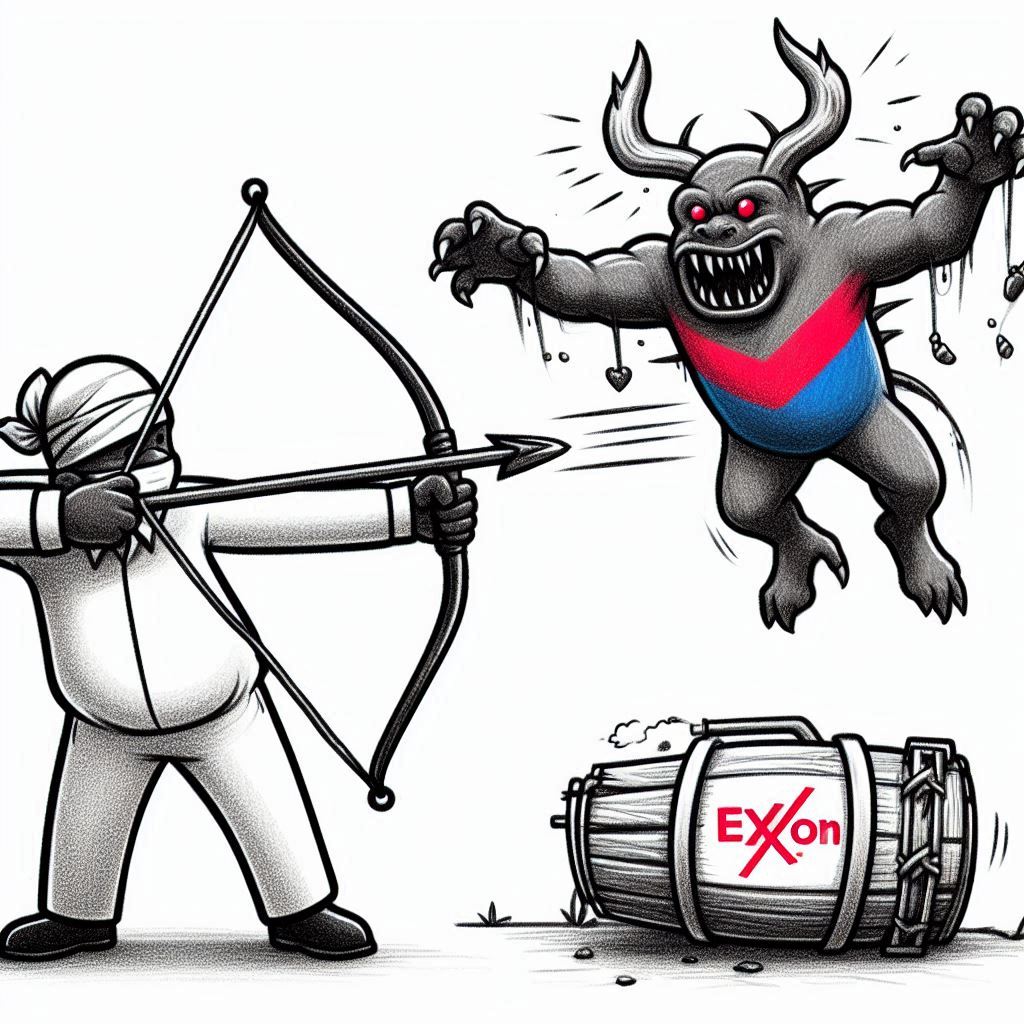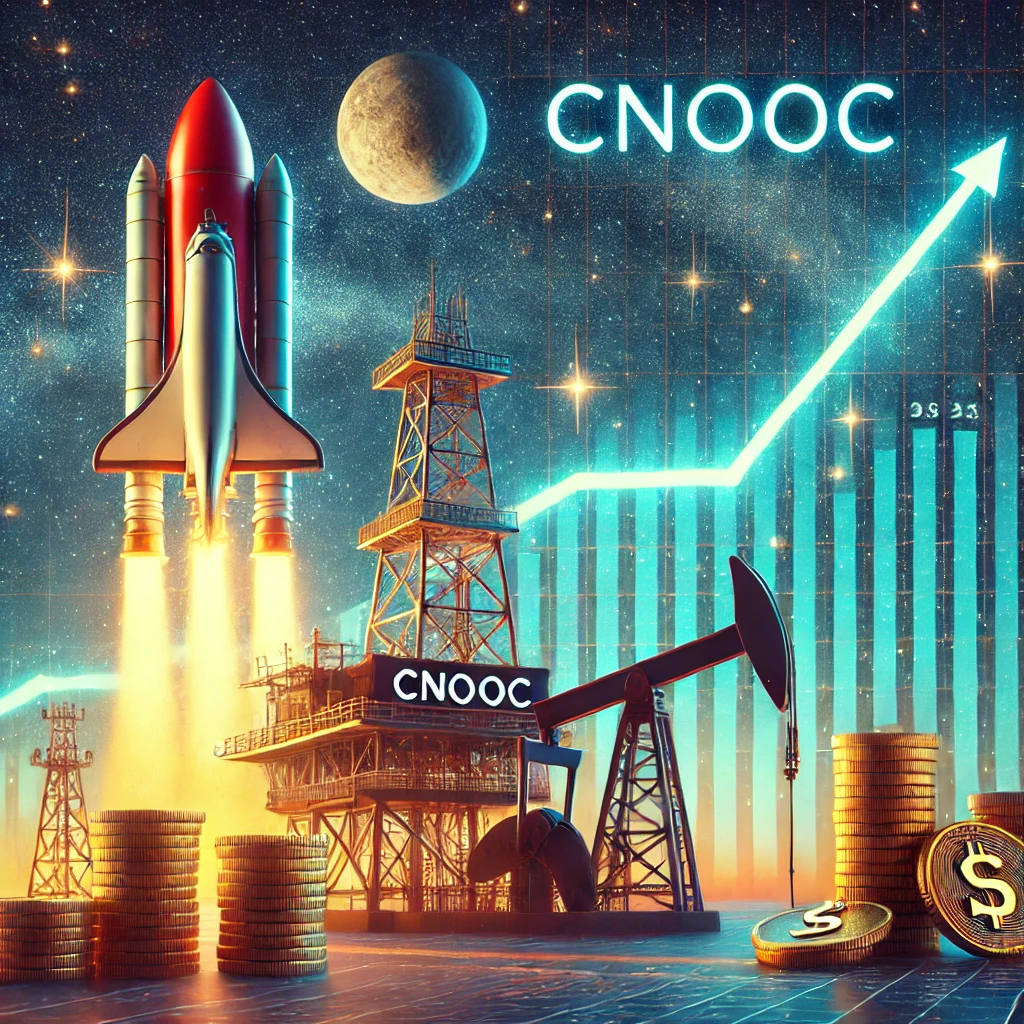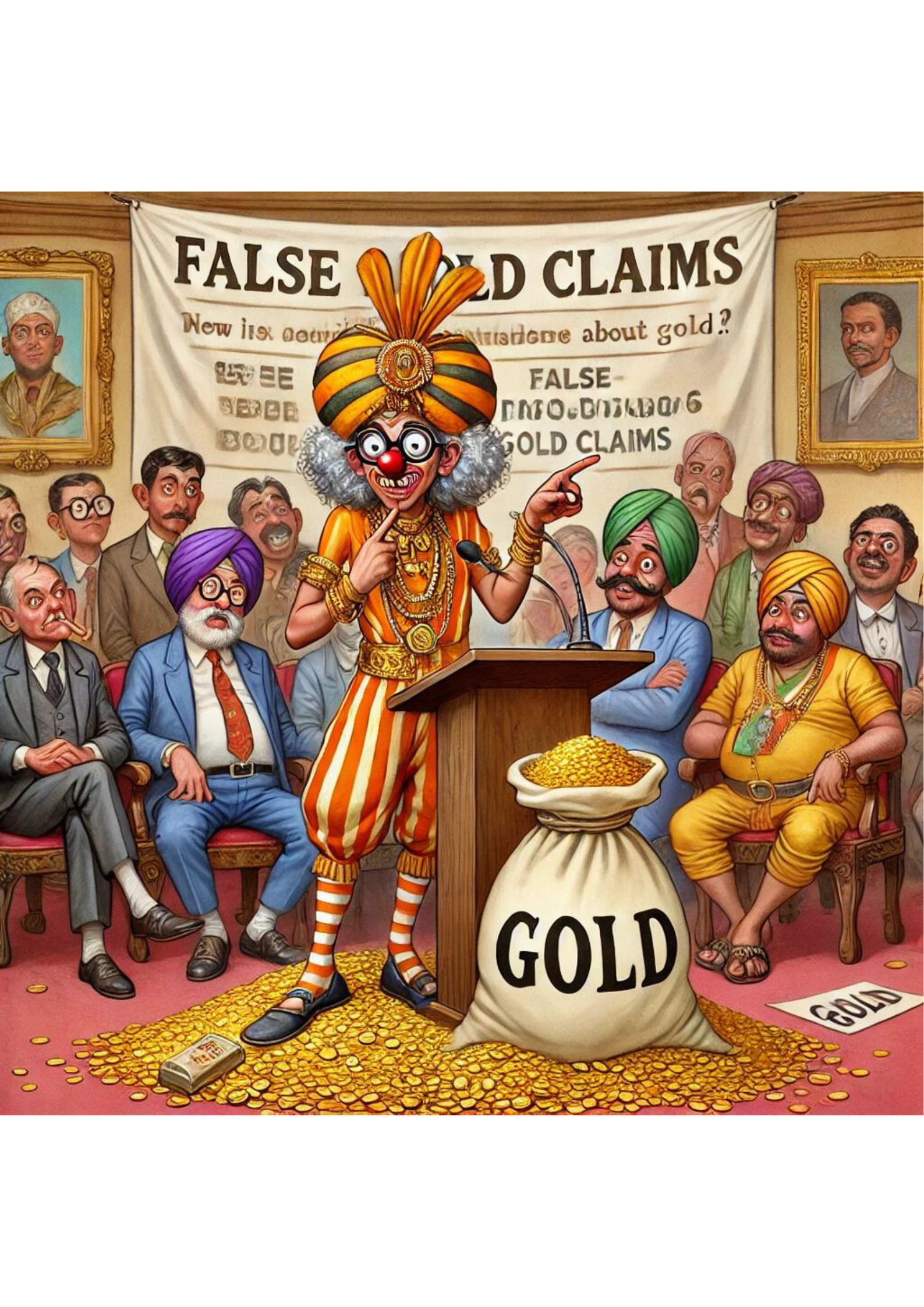I have just read an interesting account of Cost Recovery as provided for by the Profit Sharing Agreement between GoG and the Oil Company. (KN Feb. 10th, Pre-contract cost… US$460M seem to have been pulled from an alternate universe – Nigel Hinds).
It appears every penny incurred by the Oil Company – including interest cost on loans taken (or not taken) going back to 1999 when the contract was initially signed, and including a slush-fund – was included in the $460 million Cost recovery bill sent to GoG.
Let me ask a simple question: Is it not now clear to all Guyanese that even the $18 million signing bonus GoG received will be booked as an expense to be recovered? And, also the cost to fly a GoG delegation to ExxonMobil headquarters in Houston, Texas for a ‘little junket” must be booked as an expense to be recovered?
Here we are: a sovereign nation torturing ourselves about whether the signing bonus should be $18 million or $238 million (Prof. Tarron Khemraj says it should be $238 million) – not recognizing or realizing a basic fact that these expenses are all being billed to GoG?
What does it matter whether the signing bonus is $1 billion or $18 million or $238 million – it is taken out as billable expenses. All these expenses must be deducted first, before profits can be computed, but more importantly: to reduce profits to its barest minimum. Then to do a 50-50 split on whatever remains to declare as profit.
Guyanese-born Darshanand Khusial, now a financial analyst living in Toronto left Guyana when he was 8-years old. He did not follow news out of Guyana, until Guyana started to show up in the financial and business press – WSJ and Financial Times – as a place of interest with a significant oil discovery. Darsh wrote to the press in Guyana – called for a release of the contract (shortly thereafter SN published the 1999 contract) – and warned the GoG to renegotiate the contract and make sure it provides for the set-up of a system (an arbitration Court) to settle disputes over expenses.
GoG has re-negotiated the Contract in secret, signed it in secret – and then it was left to the Guyanese public to pressure the government to release the contract. Only to discover when the contract was released that the Court to resolve Cost Recovery disputes was never provided for in the Contract.
Now the nation is stuck with a $460 million Cost Recovery bill – that according to Nigel Hinds – has little breakdown of expense categories and even fewer or no details of these expenses. How do you handle this bill? Is there an arbitrator empowered to arbitrate?
This $460 million bill raises other more profound and serious issues about the very nature of this Oil business? Company takes risk to do exploration, spends $5-10 billion, knowing full well if it comes up empty, it will have to eat the cost. That’s the risk that an Oil Giant takes. If it finds oil, then it is assured of recovering all its expenses – and make a huge profit too, depending on the size of the Reserve.
Revenues on 3.2 barrels at $65 a barrel = $208 billion.
Sunken cost of $5-10 billion on revenues of $208 billion looks very small. Risk against pay-off is well worth it. And, the $5-10 billion (the full measure of the risk) is something only Oil Giants can bear and undertake.
The real question: Why does GoG have to underwrite the full cost of all expenses going back to 1999? The risk was all the Oil Company’s – not GoG’s.
Many countries (India is one of them) do not do PSAs, only Revenue Sharing Agreements. I don’t want to know how much you spent on Exploration costs – the risk is yours – but if you find Oil, I need a 50% cut on the revenues after Operating Costs. This sounds very reasonable.
Guyana should have learned from the problems of other countries. Philippines reports it is unable to evaluate these expenses – have no idea whether it was incurred or not – and has no power to reject whole categories of expenses that it thinks is illegitimate. Now Guyana is stuck with this problem.
I ask the reader to think of this: Lee Raymond, the previous CEO of ExxonMobil, retired with a $400 million retirement package – a world record. Oil Companies must be making huge profits to be able to send off their CEO with such golden packages. Poor countries like Guyana (per capita income $4,000) is really being cheated out of a fair share of its patrimony by these powerful Oil Giants.
If I could be at the negotiating table on behalf of GoG, I would ask the EM folks in a calm, but assertive voice: Who bears the risk for the exploration costs – EM or GoG?
And, if it is EM (it was always the Oil Company’s), why are you sending this bill of $460 million to be paid by GoG?
Mike Persaud










